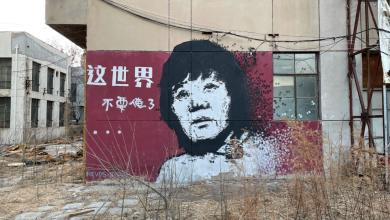Drinking and Gender Inequality

Bio: The following is a guest post by Saint Jude Retreats, an alternative to traditional substance use treatment. Saint Jude Retreats provides a program for people with substance use problems that concentrate on self-directed positive and permanent change. Through the program, we offer the opportunity for individuals to self-evaluate and explore avenues for life enhancement.
As a woman, I am reminded daily that I don’t have the same rights as men. I don’t make as much money as my male colleagues; strangers feel entitled to comment on my body in public places; and I am patronized every time I take my car for service.
But these everyday inequalities pale in comparison to the feeling I get when I walk into a bar, attend a wild party, or hear about yet another jury that sided with a rapist because his victim was drunk.
In the latter group of scenarios, alcohol is responsible for widening the gap between my rights and the rights of men. Women are judged on what they drink, how they drink, when they drink, and their behavior related to their drinking to a far greater extent than men.
Comparatively speaking, gender inequality is much more prevalent for alcohol use than drug use. Although it is not alcohol itself that does the damage, below are three good reasons for believing there’s no other substance holding women back quite as much.
Female Objectification in Alcohol Sales
If you want to see an example of the sexism inherent in alcohol marketing, you need not look further than prime time TV on a weeknight. You won’t have to wait long to see at least one commercial that objectifies and dehumanizes women to sell alcohol to men. Whether it’s beer, vodka, whiskey, or tequila, the premise is always the same: men lusting after interchangeable women with curves and tight dresses, and alcohol making it that much easier to “score.”
The “Question” of Consent
When your whole business model revolves around titillating men with female flesh and getting them drunk while they leer at said flesh, you’re not just exploiting women for your own economic gain. You’re also perpetuating a very dangerous culture in which it is perfectly acceptable for men to build up enough “liquid courage” to violate the women’s personal boundaries.
These violations aren’t solely defined by groping waitresses and making unwanted advances to female strangers. I have been taught my whole life not to dress too promiscuously, drink too much, or leave my cups unattended. My male friends, on the other hand? They can’t recall a single parent or teacher or politician who reminded them not to violate a drunk woman.
Why is the onus on me to prevent my own rape? Because men are told over and over again that they’ll have better chances with women who are drunk. Some take this idea to horrifying extremes, spiking drinks or plying girls with liquor until it’s easier to do whatever they want. Still, the women are the ones judged and discredited for taking those drinks.
Drinking and Domestic Violence
Prohibition failed miserably in the United States, and I wouldn’t support its reinstatement. However, I do have sympathy for the women who tried to make it work almost a century ago. They lived in a world where employment opportunities were slim, domestic violence wasn’t being enforced as a crime, and many husbands blew their paychecks on bar tabs before coming home every night.
Today, drinking is still strongly linked to domestic violence. That is not to say abusive spouses shouldn’t be blamed for their drunken fury (although many of them argue just that), but it does mean that we need to talk about the aggression and insecurity that alcohol tends to inflate. When we finally address the institutional sexism that creates this toxic mix, both men and women will benefit.
This article was created by a contributing author. Click here if you are interested in submitting your work.




